This blog discussed the topic of “Philosophy and Literature” in depth. From confusion to concepts, details to FAQS, this article explores how these two fields intersect, influence each other, and contribute to our understanding of human experience.
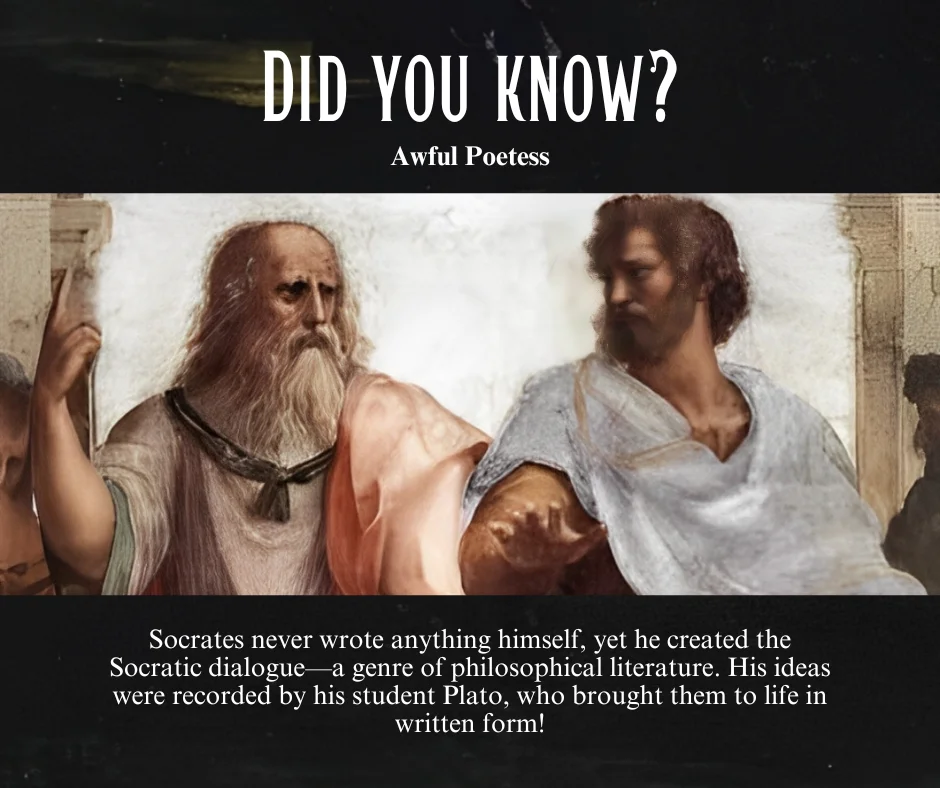
Sipping my tea, lost in Crime and Punishment while walking, and suddenly a question popped into my mind: Has there ever been a philosopher who was also a novelist? The thought lingered and swirled like a steam rising from my cup.
Dostoevsky himself, of course, was no stranger to deep philosophical musings. His characters always wrestled with issues of morality, free will, and the weight of existence in ways that could rival any formal philosopher. But was he, Dostoevsky, a philosopher in the strictest sense? Or merely a novelist whose work probed the abyss of human thought?
Well, well, well…
This question led me down a path of curiosity in the extreme. One that blurred the lines between philosophy and literature. Are they separate disciplines, or do they intertwine more than we realise? As I pondered, I found myself questioning where one ends and the other begins.
So, in this blog, we’ll explore the fascinating connection between philosophy and literature, the ways in which great thinkers have used storytelling to convey their ideas, and whether philosophy itself can be considered a form of literature.
The hierarchy of a blog:
- Difference Between Philosophy and Literature
- The Relationship between Literature and Philosophy
- The Concept of the ‘Philosophy of Literature’
- The Debate Among Scholars: Literature and Philosophy, Same or Distinct?
- Conclusion: Do Philosophy and Literature Serve the Same Purposes or Opposite?
- Quick FAQS about Philosophy and Literature
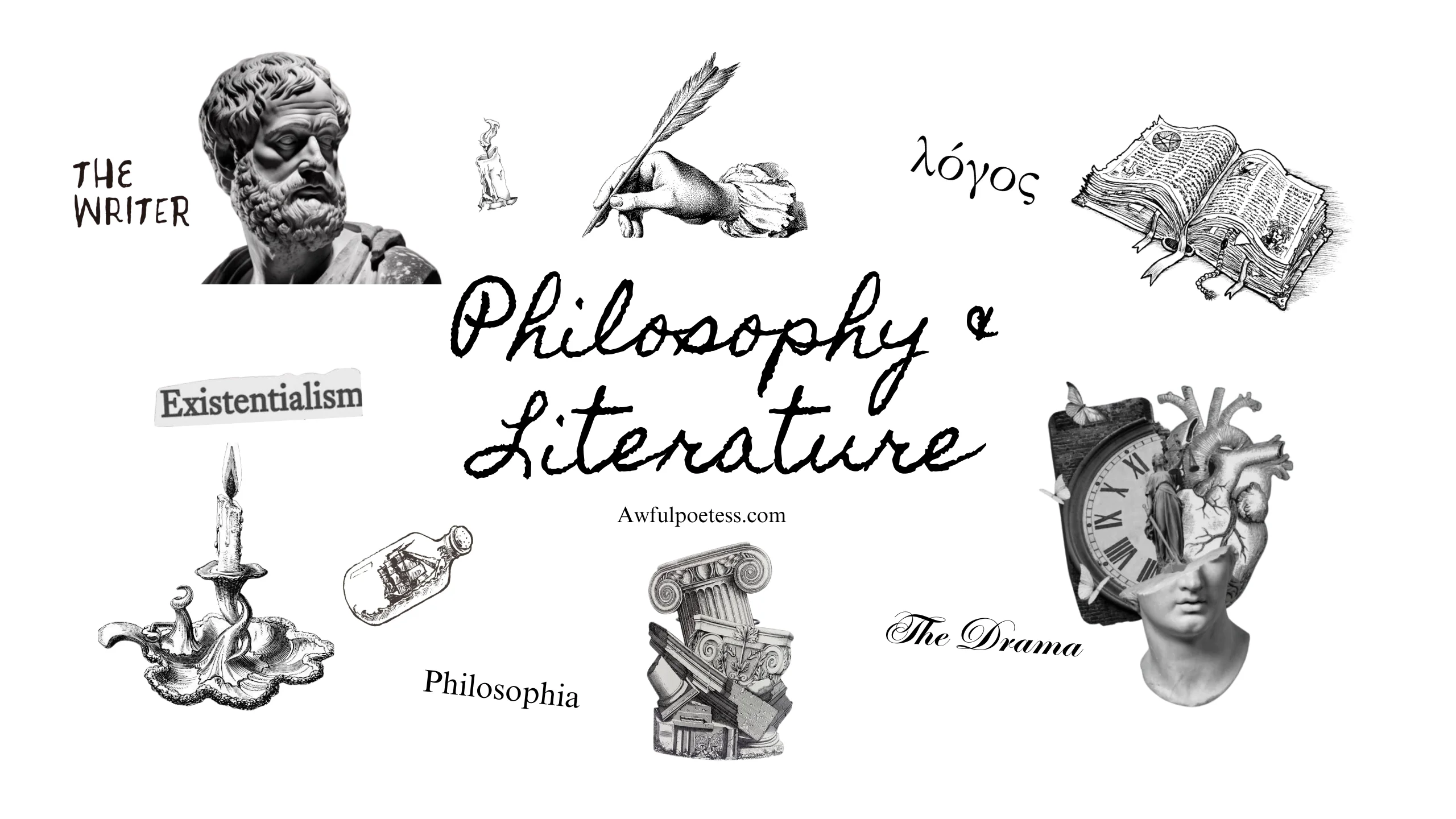
Get the Concept Clearly
Before getting further remember, the question “Is literature philosophy?” is itself a philosophical inquiry based on research and logical thoughts, one that does not yield an absolute truth but rather invites contemplation, debate, and interpretation.
Just like philosophy, it doesn’t offer clear-cut answers but invites interpretation and personal perspective. In this blog, I share my own thoughts and experiences on the subject, using reasoning, references and arguments to explore the connection between literature and philosophy. It’s not a scientific study, but rather a subjective journey, one where you are free to agree or disagree. After all, the beauty of such discussions lies in their openness to different viewpoints.
Difference Between Philosophy and Literature
Philosophy and literature are two completely different fields of study, each approached and taught in unique ways across the world.
What is Literature?
Literature is the art of written (or spoken) expression, encompassing various forms such as poetry, novels, plays, and essays. It often focuses on storytelling, emotions, and human experiences, using creative language to engage readers. Literature can be fictional or non-fictional and serves to entertain, educate, or provoke thought.
What is Philosophy?
Philosophy, on the other hand, is the study of fundamental questions and thinking about existence, knowledge, morality, and reason. It seeks to explore abstract concepts, logic, and the nature of reality through systematic argumentation and critical thinking. Philosophers analyse ideas and construct theories that shape human understanding of the world.
See? There are no such concepts that make you perplexed about philosophy and literature being the same thing.
Then what makes us humans believe they’re intertwined?
Here it comes…
The Relationship Between Philosophy and Literature
Humans start to perceive philosophy as literature and literature as philosophy—not because they sound similar, but because they share a deep and intricate connection.
Imagine you’re reading a novel or a story. It could be Alice in Wonderland, Harry Potter, or even a classic like The Little Prince. Now, ask yourself: Is this just a story, or is there something deeper hidden within its words? It won’t be wrong if I tell you that literature and philosophy are like two best friends—one tells stories, and the other asks questions like BIG QUESTIONS 👀, but together, they help us understand the concept itself.
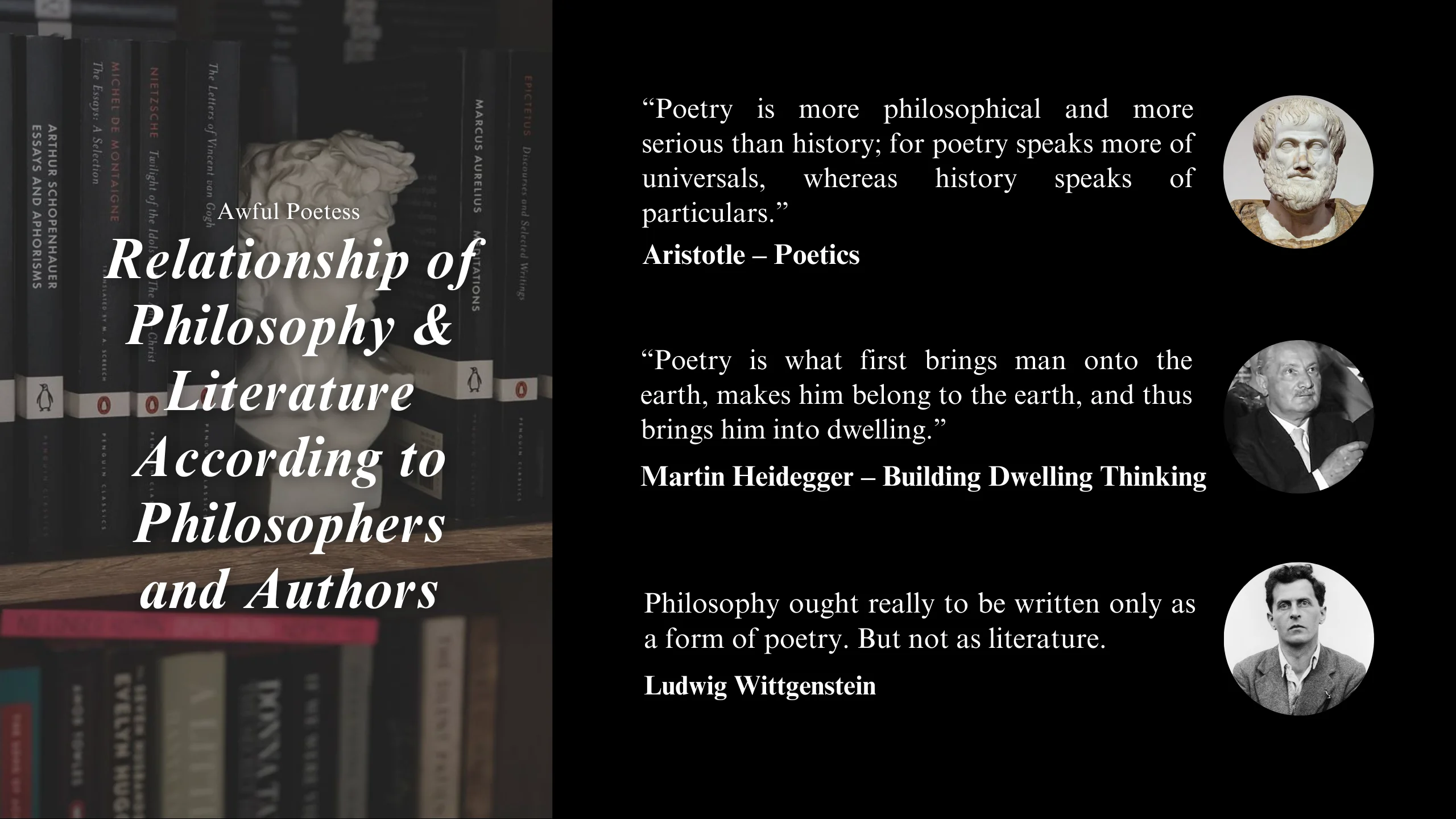
Philosophy and Literature: Two Sides of the Same Coin
As I said, Philosophy is the study of big questions—Why are we here? What is our purpose? How should we live? Literature, on the other hand, is storytelling—an art that paints these very questions in the form of characters, events, and emotions.
While a philosopher might write an essay explaining “what is justice,” a novelist might tell a gripping story about a man struggling with justice in a cruel world like The Trail by Franz Kafka. Both explore the same idea but in different ways.
Let’s break it down with some examples.
1. Stories as ‘Thought Experiments’
Philosophers use logic and arguments like tools, but authors use stories as ‘thought experiments’. Take The Giver by Lois Lowry. It asks: What if a society erased all pain, sadness, and even deep emotions? Would people truly be happy, or would they just be empty shells? This is the same kind of question that philosophers like Plato and Kant debated—except in The Giver, we don’t just think about it, we feel it through Jonas’s journey.
A classic example of a thought experiment is George Orwell’s 1984. The book doesn’t just tell a scary story; it makes us think: What happens when a government controls what we believe? Political philosophers ask the same question about power and freedom.
Conclusion: Literature lets us explore deep philosophical questions by putting us in hypothetical situations, allowing us to not only understand but also feel complex ideas through the experiences of characters.
2. Morality Questioning Through Fiction
We often read a book and think, Was that character right or wrong?
That’s how literature makes us wrestle with ethical dilemmas—problems with no easy answer.
For instance, in To Kill a Mockingbird, Atticus Finch defends an innocent Black man in a racist town. The story forces us to confront justice, morality, and prejudice. Instead of simply reading a philosophy book about racism and ethics, we experience the weight of these issues through Scout’s eyes.
Even your favourite superheroes do this! Batman struggles with the question: Should he kill criminals if it means saving lives? That’s the same debate philosophers have about justice versus revenge.
Conclusion: Literature mirrors our moral compass, presenting ethical dilemmas that force us to confront ‘right and wrong’ (the concept of philosophy). Through characters like Atticus Finch and Batman, we face real-world issues of justice and prejudice, making these debates personal and challenging our values.
3. The Role Play of Language in Explanation
Philosophers analyse words carefully because words shape how we think (The Philosophy of Language). Literature, however, plays with words—using metaphors, symbols, and poetic language to reveal deeper truths.
Take The Little Prince by Antoine de Saint-Exupéry. On the surface, it’s a children’s book, but hidden within are philosophical messages about love, loss, and seeing the world through the heart rather than just the eyes. “What is essential is invisible to the eye,” the book says—meaning, some truths can’t be measured, only felt.
Similarly, poetry by Emily Dickinson or Robert Frost doesn’t just describe worldly things; it makes us rethink reality itself. A short poem can say in a few lines what a philosopher might take 20 pages to explain, and vice versa.
Conclusion: While philosophers focus on precise language to shape thoughts, the impact is that literature allows us to connect with complex ideas on an emotional level. Offer insights that logic alone can’t provide.
4. Literature as a Mirror to the Questions of Philosophy
Philosophy asks, “What is a good society?” Literature answers by showing different versions of society, some inspiring, some terrifying.
For Instance:
- The Hunger Games makes us question how power is distributed and who controls society.
- Frankenstein asks whether scientific progress without ethics is dangerous.
- The Great Gatsby shows us the emptiness behind wealth and materialism.
These books particularly stories do not merely entertain; they force humans to think in the criticism about the world they live in.
The Conclusion: The Relationship Between Philosophy and Literature
The relationship between philosophy and literature concludes that literature is used to describe philosophical thoughts through words. While philosophy often analyses concepts with precision, literature allows these ideas to be experienced on a deeper, emotional level, making abstract thoughts more relatable and impactful.
You can also use literary writing as a tool to describe your thoughts and questions, allowing you to explore complex ideas more expressively and imaginatively.
The ‘Philosophy of Literature’: What is the Concept of “Literature” in Philosophy?
Till this point, we’ve explored the intricate relationship between philosophy and literature—two distinct domains—and examined how authors and philosophers alike use literature as a tool for expressing their thoughts and arguments.
But did you know that philosophy itself has concepts related to literature? This means that the study of philosophy often discusses literature and its existence.
Example to Understand ‘Philosophy of Literature’
Philosophy and literature? Philosophy of literature??? What are these, and what do these mean?
Ok, so if it’s getting out of hand, let me give you an example first.
Think of philosophy and literature like mathematics and physics. We all know that mathematics and physics are entirely different subjects, each taught as a separate field. However, just as physics heavily relies on mathematics and is related, philosophy and literature are connected and related similarly.
Now, what is the philosophy of literature? Indeed, physics takes help from mathematics, but imagine what if the field of physics discusses mathematics as a concept on its own, without addressing their relationship? This is similar to the ‘philosophy of literature.’
Explore the Philosophy of Literature
The ‘philosophy of literature’ explores fundamental questions about the ‘nature of literary works’ as an art form. It examines what distinguishes literature (such as novels, poetry, and others) from other written texts like scientific reports or religious scriptures, even when they’re written in a literary style. It also considers how literary works persist over time, regardless of their specific printed editions.
Another key area of inquiry is how readers engage with literature. Philosophers ask whether the meaning of a literary work is fixed or changes over time-based on different interpretations and contexts.
They also explore whether readers can have genuine emotional responses to fictional characters and events, even when they know they are not real.
Example: In Fyodor Dostoevsky’s The Brothers Karamazov-
The novel’s philosophical depth is intertwined with its narrative. The characters, especially Ivan and Alyosha (represent conflicting moral and existential viewpoints). Ivan questions the existence of a God in a world full of suffering, while Alyosha embraces faith and moral responsibilities.
The Brothers Karamazov can be distinguished from a scientific report or a religious text because it doesn’t just aim to convey information or religious doctrine. Instead, it explores complex human emotions, and moral dilemmas, through narrative and characters.

Philosophical Approaches to Literature: Value, Insight, and Artistic Merit
Additionally, as I described, the philosophy of literature considers the ‘value of literary works.’ Whether they provide unique knowledge or moral insight and whether their artistic merits depend on cognitive or ethical dimensions.
While literary criticism and scholarship address similar concerns, the philosophical approach is more theoretical and systematic. They often draw from other fields like metaphysics, language philosophy, and even cognitive science, particularly in ‘studies of emotions and imagination.’
Several anthologies and books provide comprehensive overviews of the philosophy of literature, including works by Matheson, John, Kearney, Waugh, Rasmussen, Lamarque, Olsen, and Stecker. These collections feature contemporary philosophical essays as well as historical perspectives, making them valuable resources for understanding different approaches to literature as an art form.
Example of Philosophical Approaches to Literature
Imagine you’re reading the novel, To Kill a Mockingbird by Harper Lee. With the philosophical approach, you can start examining the philosophy of any literature which is the whole point of the ‘philosophy of literature.’
From a philosophical perspective on literature, we might ask:
- What is the value of this novel? Does it teach us something new about human nature or society? Does it help us understand morality or ourselves?
- Does the novel provide unique knowledge or insight? In this case, the novel explores themes of racial injustice and the loss of innocence. It opens our eyes to issues of inequality and human compassion.
- Is the novel’s artistic merit linked to its cognitive or ethical dimensions? This means: Is the novel valuable because it makes us think critically (cognitive), or is it valuable because it makes us feel deeply about moral issues (ethical)? In To Kill a Mockingbird, both are at play.
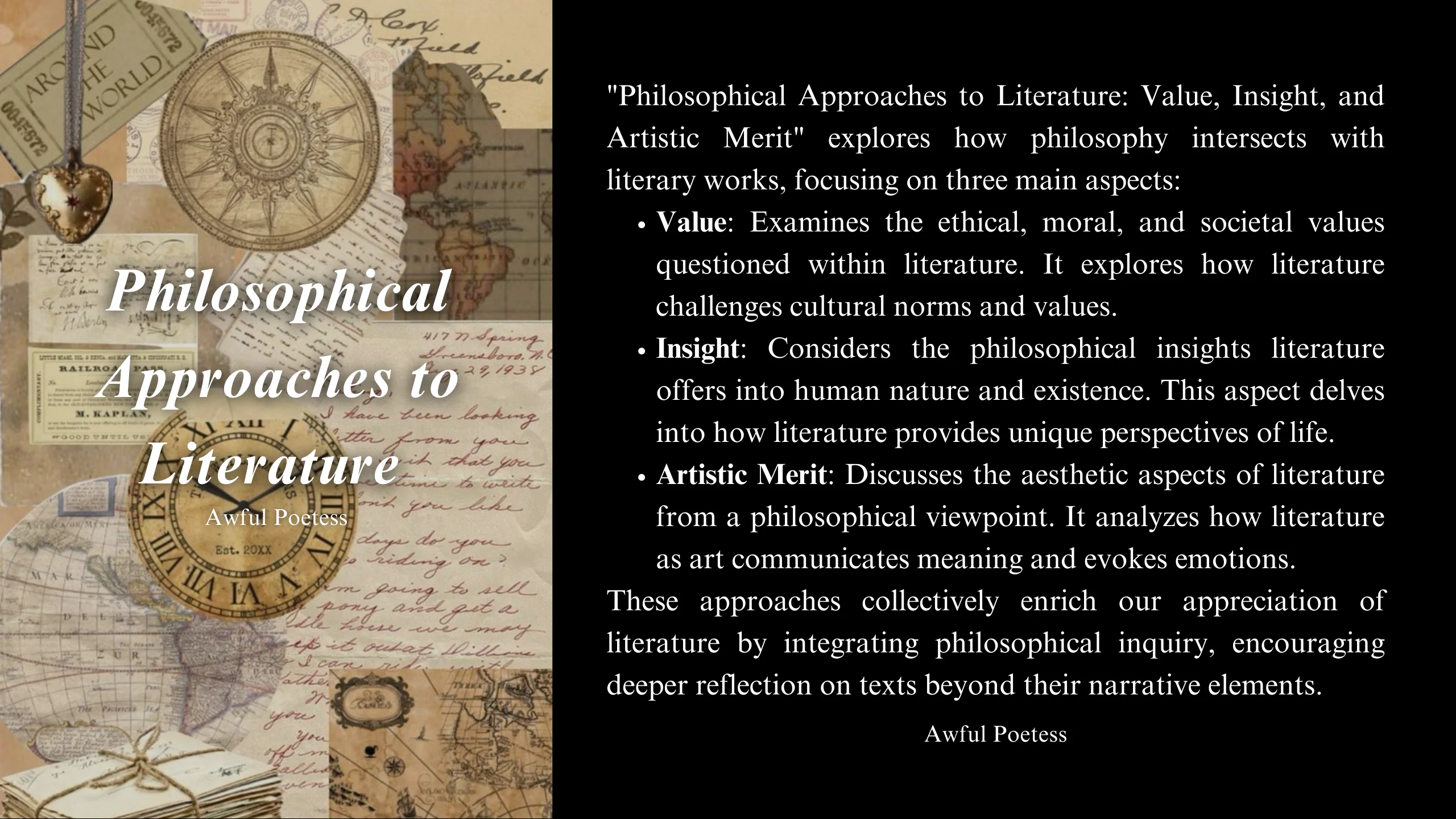
The Advanced Debate of Philosophy and Literature Among Experts
Sorry for not covering this remaining part in the next blog but I really don’t want to kill your momentum. So, go ahead! 🙂
To make it clear, We’ve discussed the two major concepts of philosophy and literature just to remind you 1. Their relationship and 2. The concept of ‘philosophy of literature; However, this chapter does not conclude here…
There exists a more advanced argument at the ‘intersection of philosophy and literature’, which typically manifests in two prevailing schools of thought.
One camp asserts that philosophy is a form of literature and they work ‘parallelly’, which means that great novels are philosophical works in disguise. The other argues that philosophy and literature are fundamentally distinct, operating in separate ways and do not complement each other meaningfully. Simply, to them, literature is “Not so fast!.” According to them, literature is more ambiguous and subjective and less about the ‘truth.’
Expert’s Argument on Philosophy and Literature
Philosophers Who Loved Literature to Convey Philosophy
We have many writers who showcase their ideologies and philosophical theories through stories and fiction.
Søren Kierkegaard, the Danish philosopher, wrote in a literary style, using fictional personas to explore deep existential questions. His work Fear and Trembling retells the biblical story of Abraham and Isaac—not as a religious lesson, but as an experiment in faith and ethics.
Jean-Paul Sartre’s novel Nausea also define existentialism but not in a dry, academic way. Instead, he puts us inside a man’s mind confronting the absurdity of existence, making us feel the weight of existentialist thought.
Many philosophers and (authors), including Albert Camus, Leo Tolstoy, and Dostoevsky have used fiction as a powerful tool to communicate their philosophical beliefs.
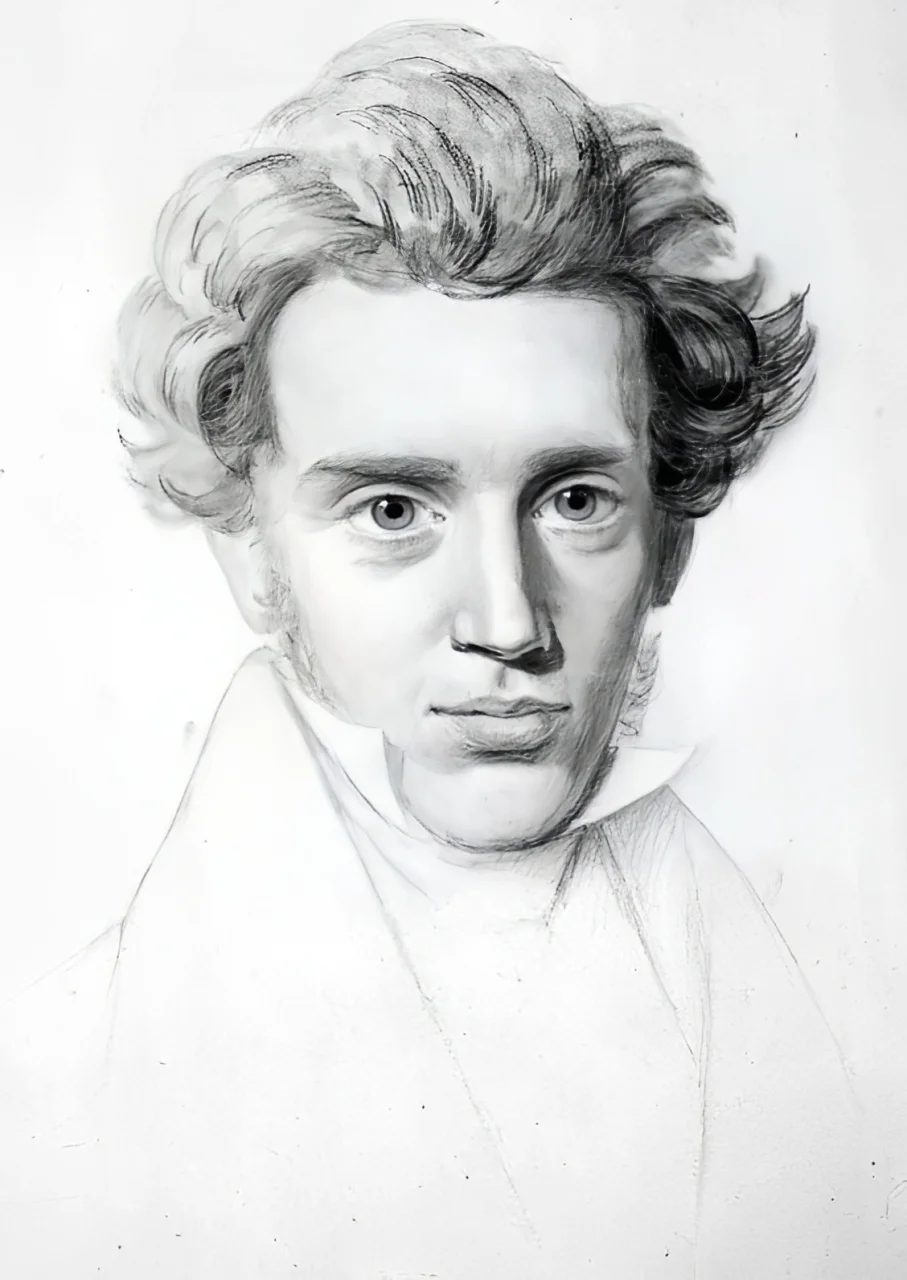
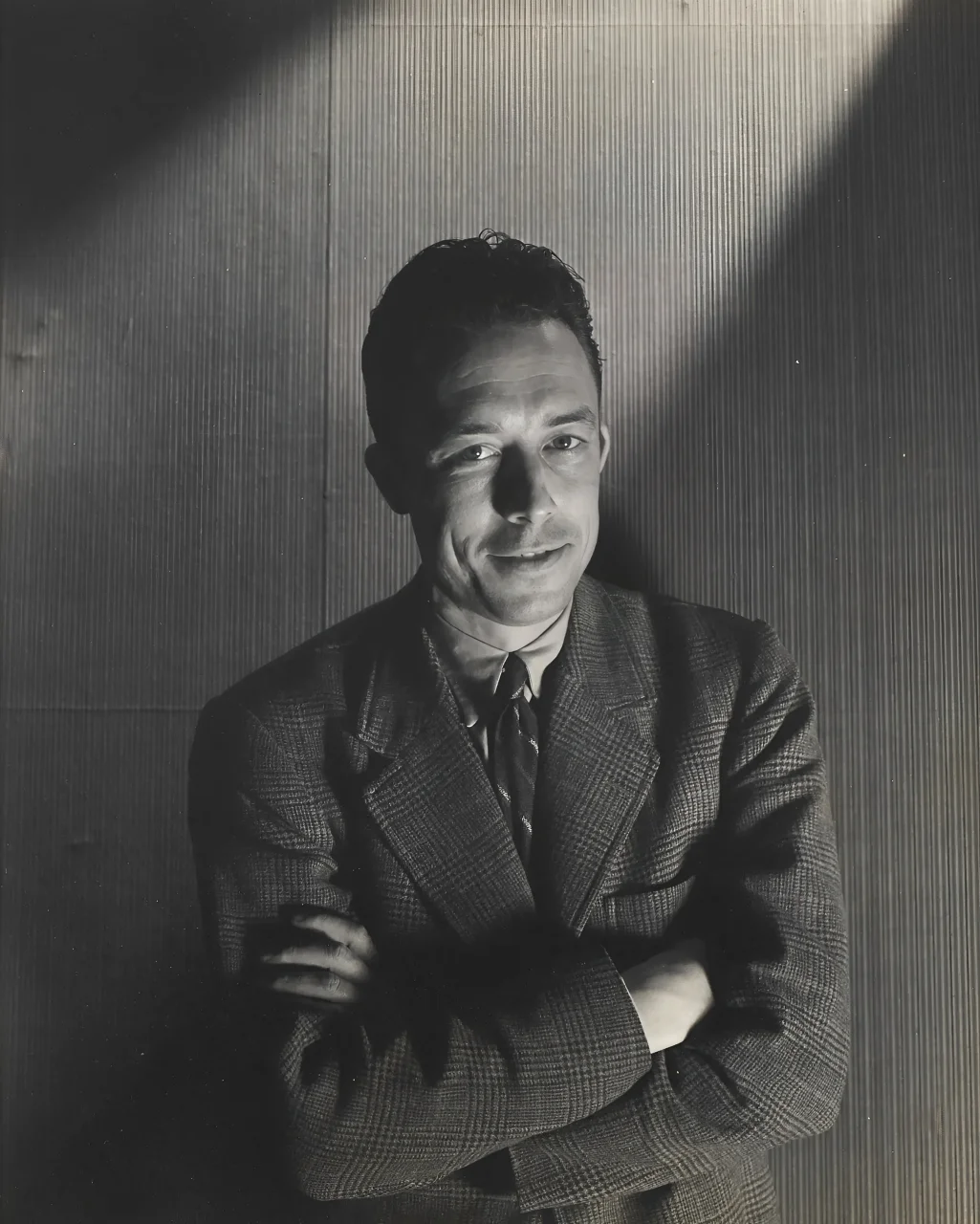
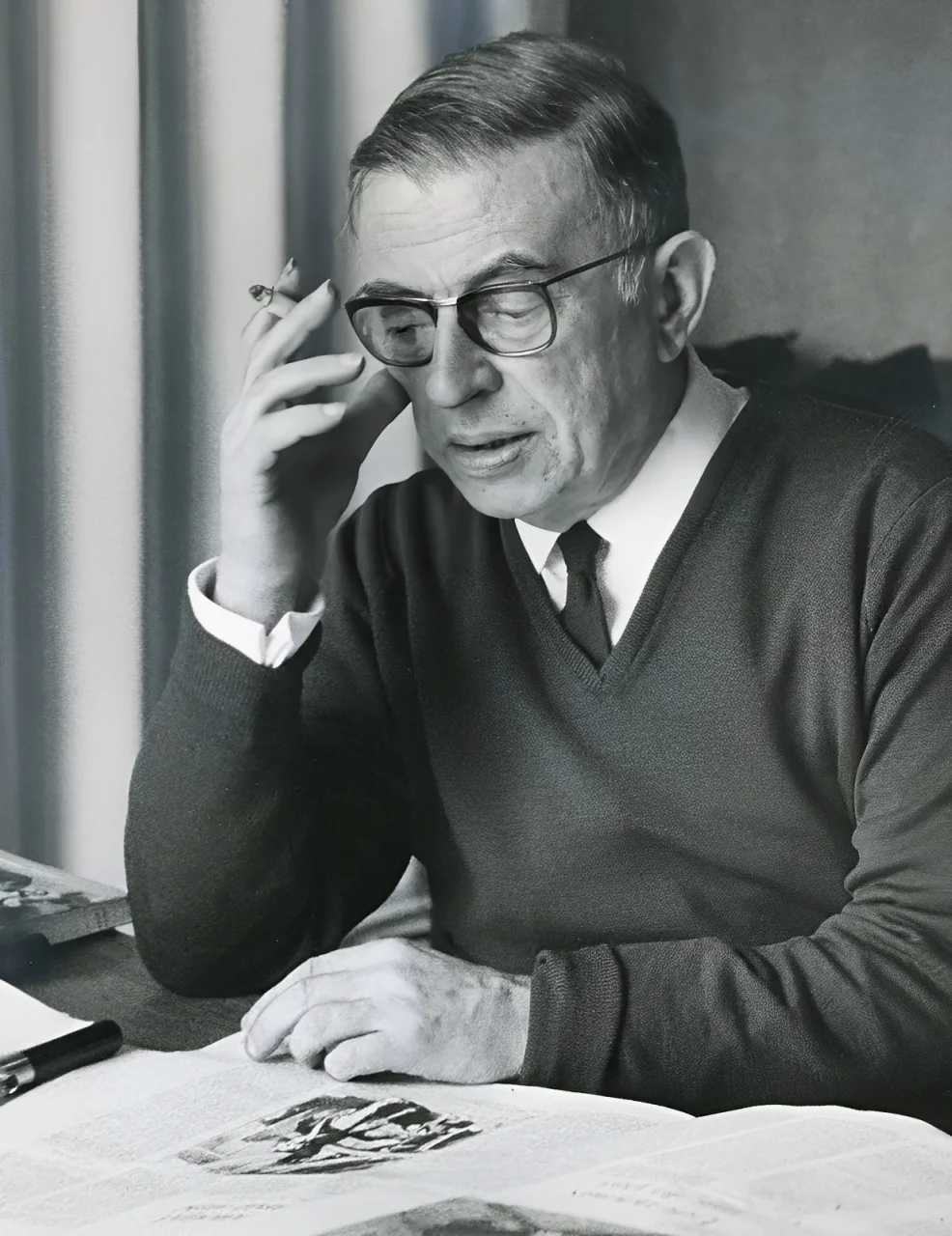
However, not all philosophers embraced literature as a legitimate medium to convey philosophy. One of the most famous critics was Plato.
Philosophers Who Don’t Embrace Literature
In The Republic, Plato expresses deep concerns about poetry and literature, particularly in the form of drama and epic poetry (like Homer). He criticizes literature for being a mere imitation of the physical world, which itself is already an imitation of the true world of Forms, making it ‘twice removed’ from the truth. He argues that literature appeals to intense emotions, not ‘reason’ that undermines philosophical understanding.
Furthermore, Plato believes that poets often portray immoral behaviour, which can corrupt the soul, particularly in impressionable young minds. Lastly, he contends that literary works are ambiguous and lack the philosophical precision and clarity necessary for true knowledge.
But There’s a Twist
Ironically, Plato himself wrote in dialogues and conversations, (a form of literature). His works often feature characters like Socrates engaging in philosophical conversations that are theatrical and narrative-driven. In a way, Plato used a literary form to critique literature.
Besides Plato, several philosophers have challenged the use of literature for conveying philosophical ideas, arguing that it lacks the clarity and rigour of systematic reasoning. Friedrich Nietzsche, while admiring Greek tragedy, criticized literature that moralizes or dilutes philosophical depth. In The Birth of Tragedy (1872), he contrasts Apollonian reason with Dionysian chaos and warns against literature that reduces art to moral instruction.
Martin Heidegger, though he engaged with poetry (notably Hölderlin), expressed concern that literary language, full of metaphor and emotion, can conceal rather than reveal the essence of Being (Poetry, Language, Thought, 1971).
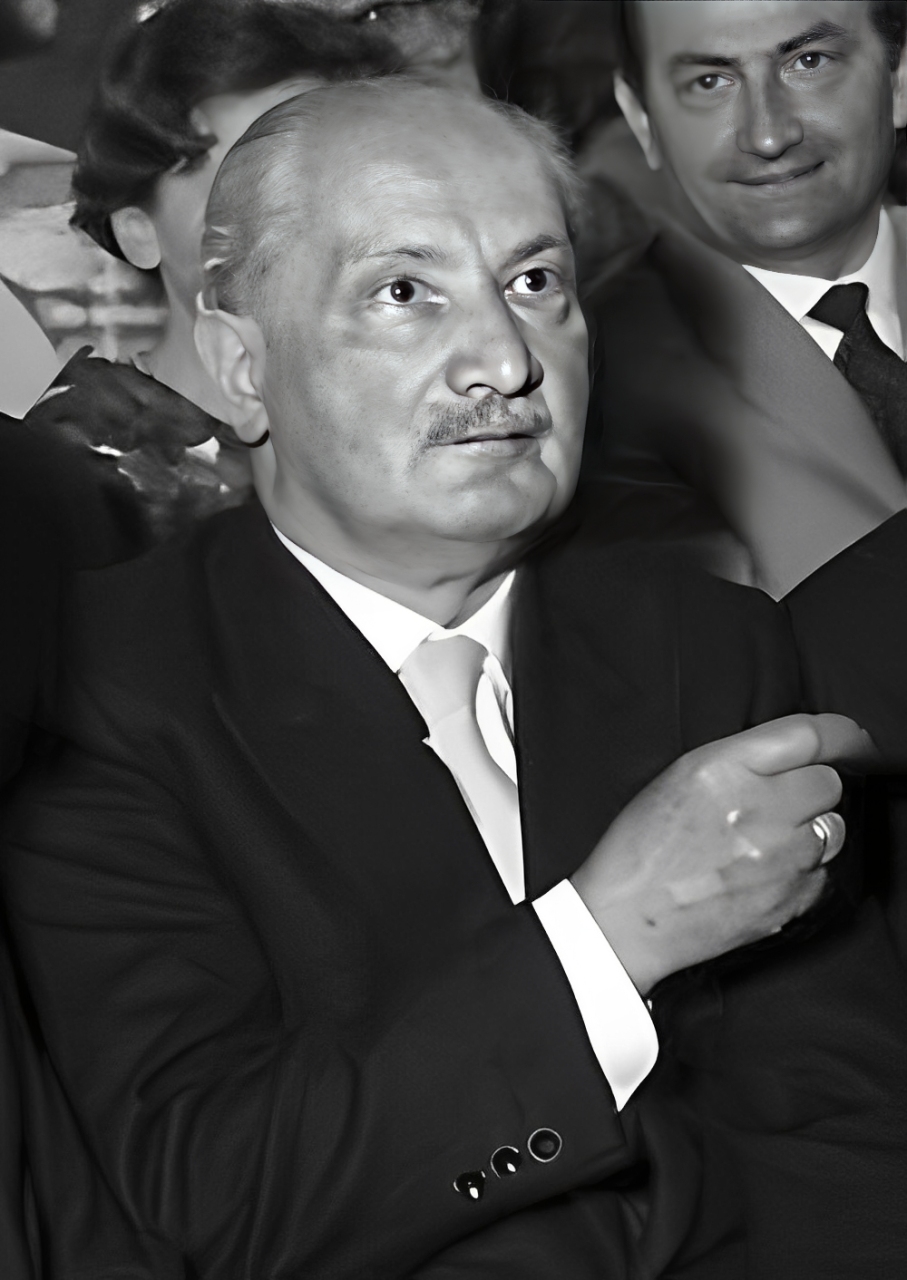

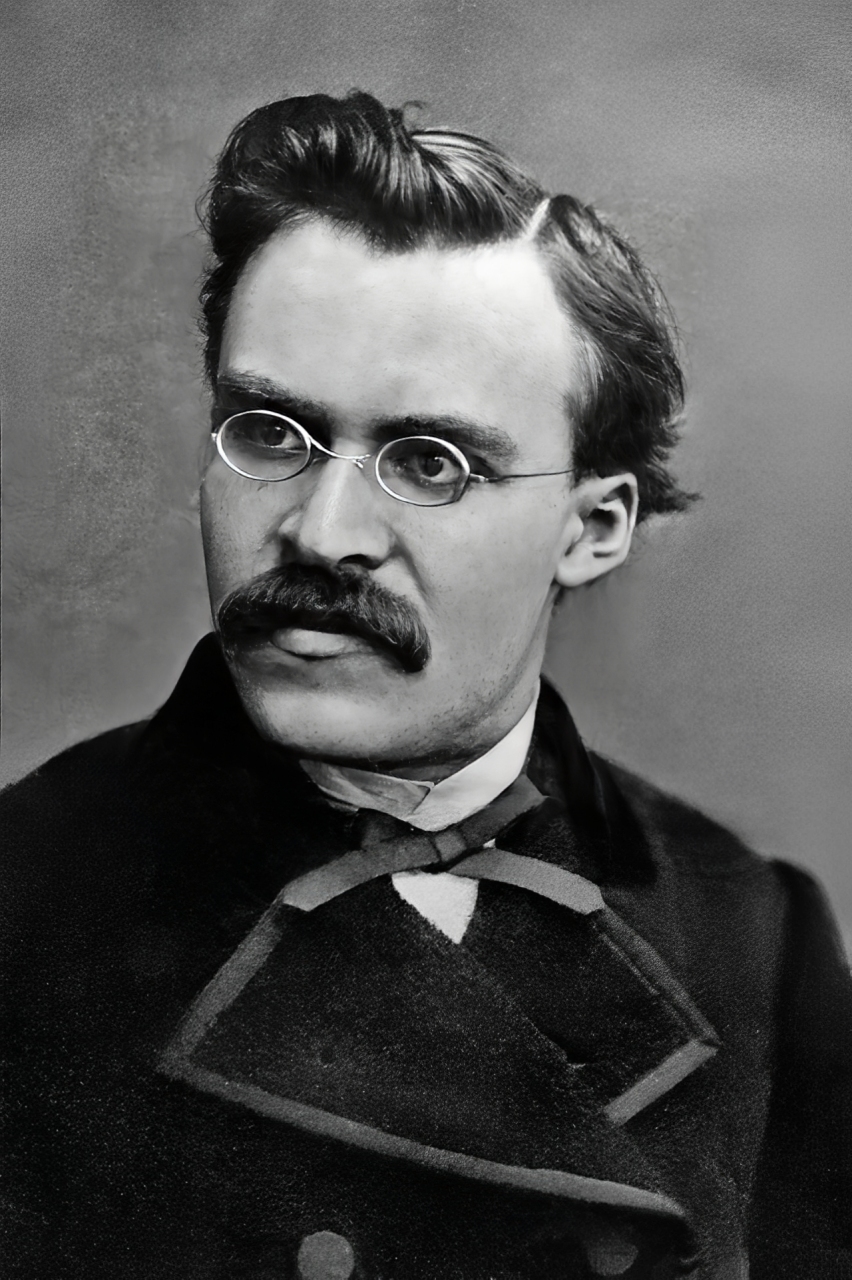
Can Fiction Contain Truth?
One of the biggest debates in the philosophy of literature is whether fiction can contain truth. After all, literature is made up—it’s imaginary. How can something not real tell us anything ‘real’?
Some philosophers, like Aristotle and Martha Nussbaum, say yes. They argue that fiction gives us emotional truth. It doesn’t just explain raw ideas but it makes us feel them. We don’t just learn about injustice in a textbook; we live it through novels like To Kill a Mockingbird. We don’t study loneliness abstractly; we feel it with characters like Holden Caulfield in The Catcher in the Rye.
This connects to phenomenology — the study of human experience. Philosophers like Edmund Husserl and Maurice Merleau-Ponty believed fiction could reveal the essence of what it means to be human in a way that abstract reasoning can’t.

But not everyone agrees. Philosophers like Kant saw fiction as unreliable. In Critique of Pure Reason (1781), Kant argued that truth comes from logic and structure — not emotion. To them, fiction was too emotional, too ambiguous, and too detached from reality to be a source of real knowledge.
In one interview discussing the relationship between philosophy and literature, Iris Murdoch—the renowned Irish-British novelist and philosopher—said:
“The aim of philosophy is to clarify, and the aim of literature is to mystify.”
This statement also supports the views of thinkers like Kant, and others who argue that philosophy and literature serve fundamentally opposite purposes. Philosophy seeks to dispel illusion, while literature actually tries to create illusion.
The Death of the Author: Who Creates Meaning?
When we read a book, where does its meaning come from? Does the author’s intention decide what a story means? Or does the reader create meaning?
This is also one of the major questions in ‘literary theory.’
- The traditional view (authorial intent) says that the author’s purpose and message determine the meaning of a work.
- The New Criticism movement (early 20th century) argued that meaning is found inside the text itself. It’s separate from the author’s biography.
- Postmodernists like Roland Barthes and Jacques Derrida took it even further. Barthes declared “the death of the author,” arguing that we readers create meaning, not writers. Every person interprets a story differently, so meaning is never fixed.
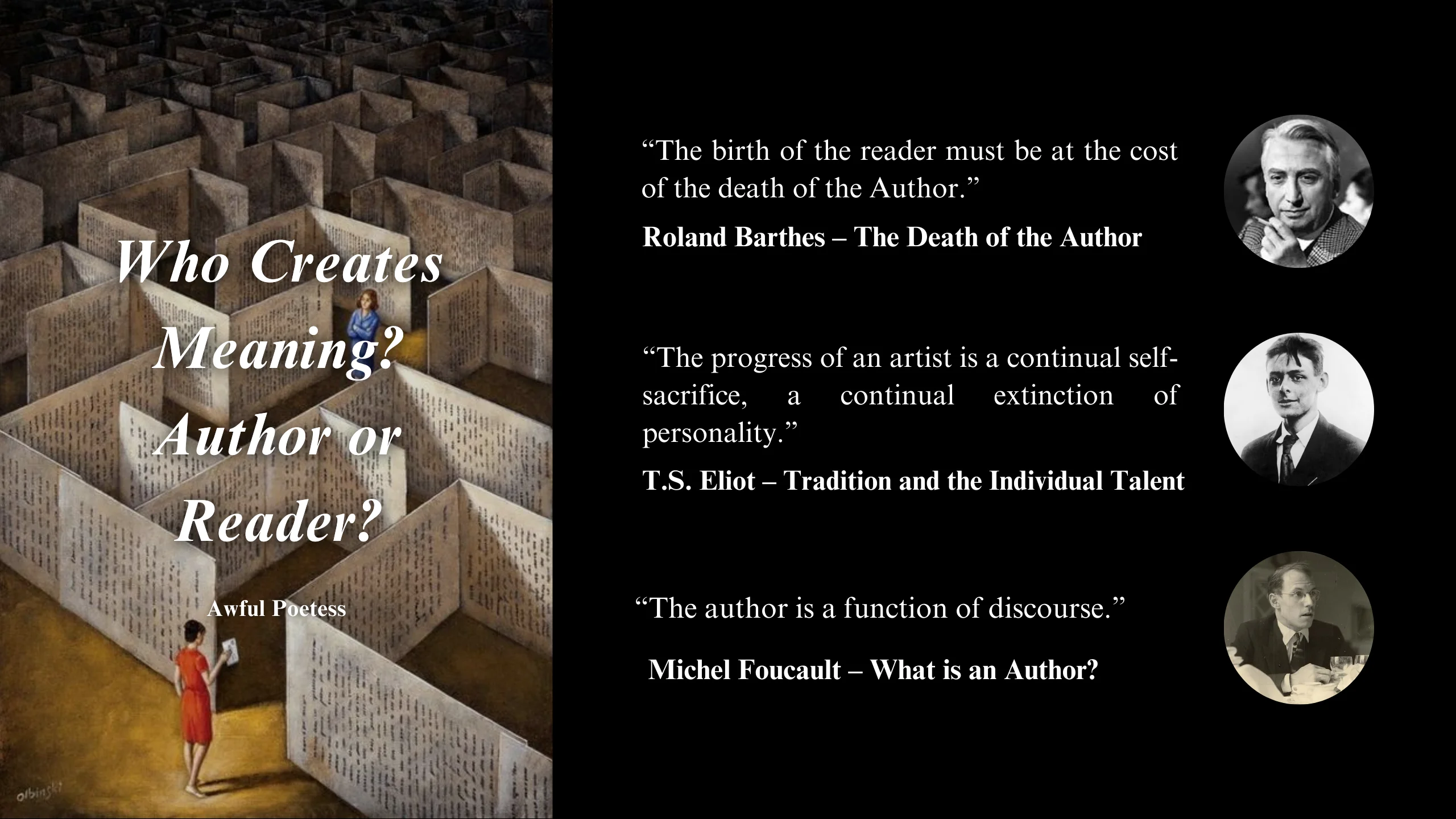
This debate mirrors philosophical arguments about ‘objective vs. subjective truth‘. If literature’s meaning isn’t fixed, then what does that say about truth itself? Can there ever be a definitive meaning, or does everything depend on perspective?
Can Literature Change Reality?
If literature shapes our thoughts, does it have the power to change the real world? History suggests that it does.
- Harriet Beecher Stowe’s Uncle Tom’s Cabin influenced attitudes toward slavery in America.
- George Orwell’s 1984 shaped how we think about government surveillance.
- Franz Kafka’s writings inspired existentialist and absurdist philosophy. (even gave birth to an entirely new writing style “Kafkaesque” based on his philosophical thoughts.
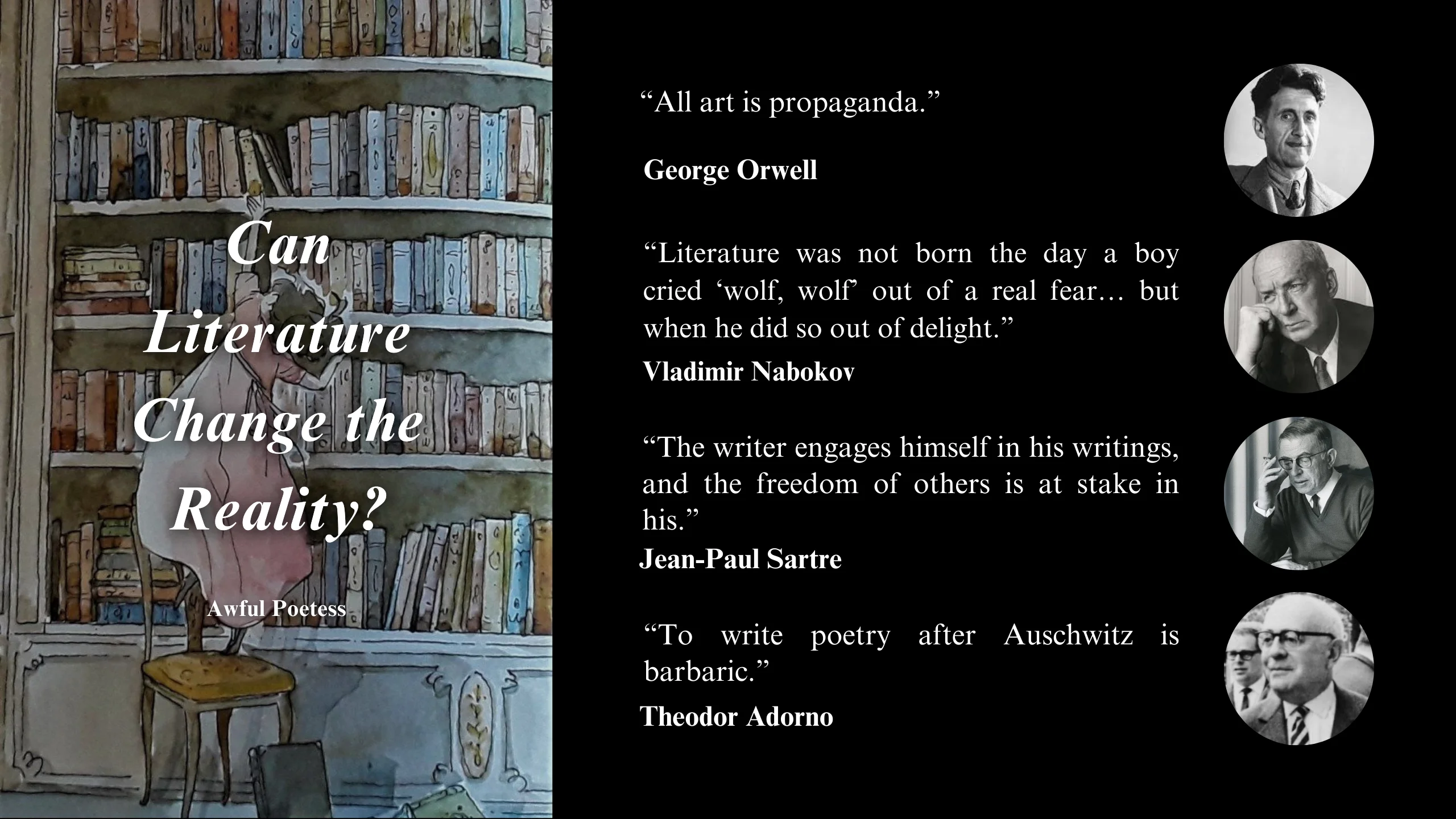
This raises another philosophical question for literature: Does fiction shape reality, or does reality shape fiction? Do writers simply reflect the world around them, or do they create new possibilities for how we see the world?
The Aesthetic Experience of Literature: A Threat or a Gift?
Beyond philosophy and ethics, literature has another mysterious quality: “beauty”. Why do stories move us? Why do specific sentences feel powerful? Certain feel emotional and some of them are written in a way that fills you with anger and compassion. A well-written novel can feel more intense and real than an entire philosophical argument. But why?
Philosophers like Immanuel Kant and Friedrich Schiller studied the ‘aesthetics of literature’ (how beauty in language and storytelling affects the human soul). As of course we know, Literature isn’t just about meaning; it’s about how meaning is expressed. When written beautifully, a simple story can resonate far more deeply than a dry philosophical essay.
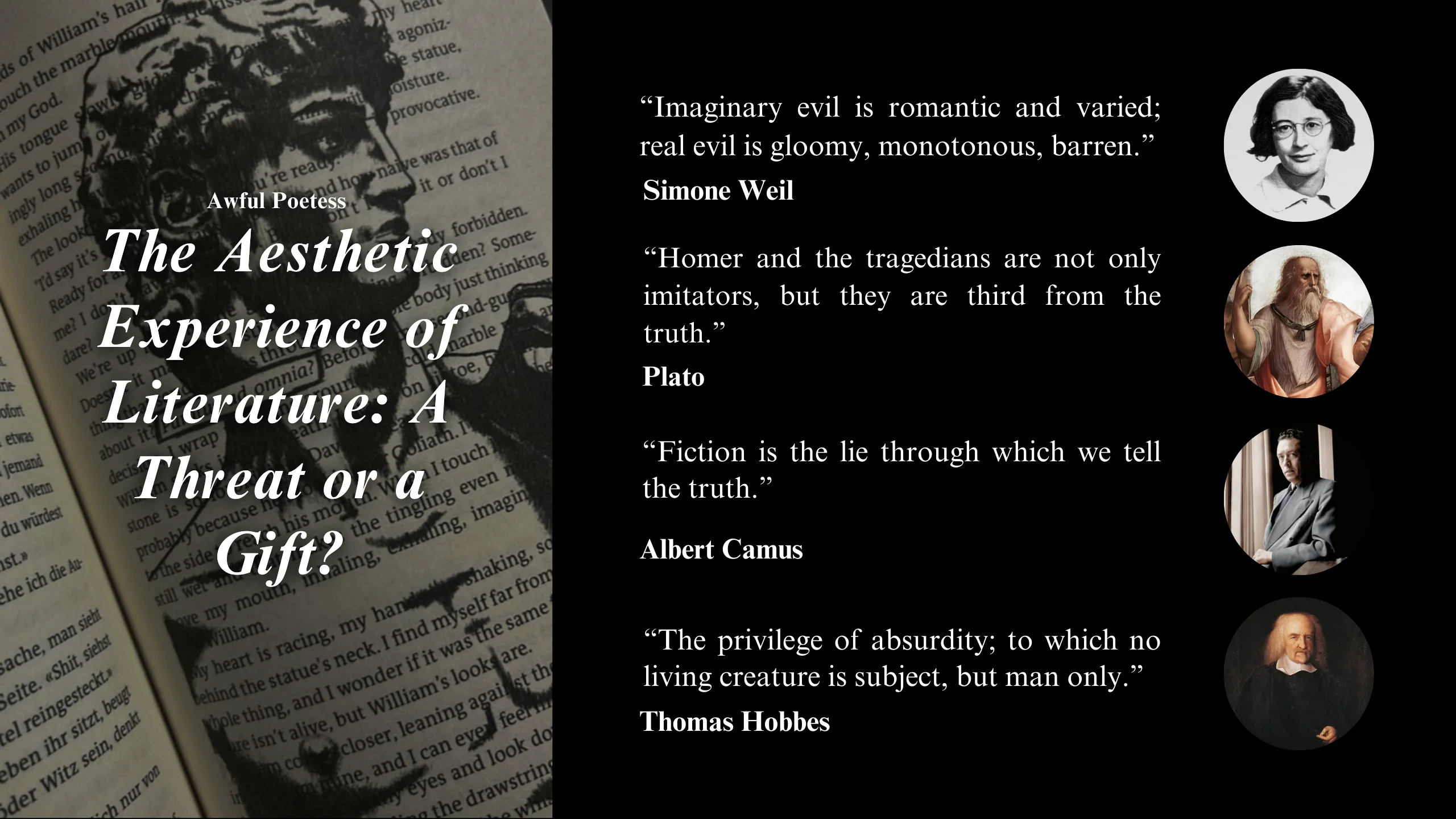
This brings us to ‘the paradox of fiction’—why do we cry over characters who aren’t real? Why do we feel suspense for a story we know is made up? Our emotions respond to literature as if it were reality, proving that fiction operates on a deeper psychological and existential level.
That is the reason why philosophers like Plato and Kant (especially in his Critique of Pure Reason) warned against letting emotion drive truth. To them, the beauty of fiction can be misleading.
Here is a quote popping into my mind from The Secret History:
Beauty is terror. Whatever we call beautiful, we quiver before it. And what could be more terrifying and beautiful, to souls like the Greeks or our own, than to lose control completely?
Donna Tart, The Secret History
So, this tension raises a critical question: Does the aesthetics of literature help to understand philosophical truths — or obscure them?
Conclusion: Do Philosophy and Literature Serve the Same Purposes or Opposite?
I guess, We’ll never know! 😆
But maybe that’s the beauty of it.
Philosophy pushes us to question everything. Literature, on the other hand, invites us to get lost in the messiness of human experience. One seeks truth through reason; the other through emotion.
Yet somehow, they meet in the middle. Great literature often carries philosophical weight, and powerful philosophy often reads like poetry.
Maybe they don’t have to serve the same purpose — maybe their tension is what makes both of them so powerful.
In the end, we might not get a straight answer. But if fiction helps us feel the truth, and philosophy helps us understand it, then maybe we need both.
After all, what’s clarity without a little mystery?
Quick FAQs About Philosophy and Literature
No, literature is not a branch of philosophy. However, it often explores philosophical themes, narratives and questions. But literature and philosophy are entirely different topics.
Philosophy is neither science nor literature. It is a distinct discipline that uses reasons and arguments to explore fundamental questions about existence, knowledge, and values.
Topics that fall under philosophy include: Metaphysics, epistemology, ethics, logic, aesthetics, political philosophy, mind, language, science and more.
Literature expresses philosophical ideas through stories; philosophy analyzes ideas through logic and argument.
Philosophy deepens literature by adding meaning, exploring moral questions, and challenging readers’ thinking when used in literature.
Both literature and philosophy explore human experience, ask deep questions, provoke thought, and find truth, morality, and existence.
Some famous Philosophy and Literature books are: “The Stranger” by Albert Camus, “Crime and Punishment” by Fyodor Dostoevsky, “Sophie’s World” by Jostein Gaarder, and “The Trial” by Franz Kafka.
